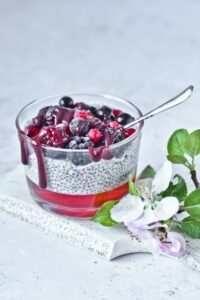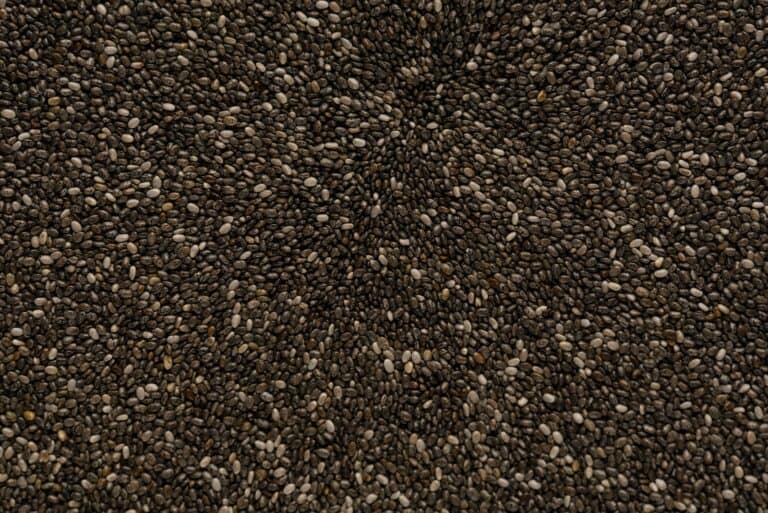Chia seeds have gained immense popularity in the health and wellness industry due to their numerous health benefits. These tiny seeds, derived from the flowering plant Salvia hispanica, are packed with essential nutrients and have been used for centuries for their medicinal properties. In this article, we will explore the health benefits of chia seeds and how to incorporate them into your diet.
The Nutritional Value of Chia Seeds
Chia seeds are known for their rich nutritional value. They are an excellent source of soluble fiber, which helps in regulating blood sugar levels, lowering blood pressure and promoting digestive health. The high fiber content in chia seeds also aids in weight management by keeping you feeling full for longer periods.
Omega-3 Fatty Acids and Heart Health
One of the key health benefits of eating chia seeds is their omega-3 fatty acid content. Omega-3 fatty acids are essential for heart health and play a crucial role in reducing the risk of heart disease and cardiovascular risk factors. Chia seeds are particularly rich in alpha-linolenic acid (ALA), a type of omega-3 fatty acid that is beneficial for heart health.

In addition to omega-3 fatty acids, chia seeds contain polyunsaturated fatty acids that promote healthy brain function and reduce the risk of chronic diseases such as Alzheimer’s and dementia. These fatty acids also contribute to good bone health, making chia seeds an excellent addition to a balanced diet. For more information on the health benefits of chia seeds and how they fit into a nutritious diet, visit this detailed guide on chia seeds.
Chia Seeds for Bone Health
Chia seeds are also a great source of calcium, magnesium, and phosphorus, which are essential minerals for maintaining good bone mineral density. Including chia seeds in your diet can help prevent conditions like osteoporosis and promote overall bone health.
Incorporating Chia Seeds into Your Diet: Chia Pudding and More
There are several ways to incorporate whole chia seeds into your diet. One popular option is making chia pudding. To make chia pudding, simply mix chia seeds with your preferred milk, such as almond milk or coconut milk, and let it sit in the refrigerator overnight. The chia seeds will absorb the liquid and form a gel-like texture, creating a delicious and nutritious pudding. You can top the pudding with fresh fruit, nuts, or a drizzle of maple syrup for added flavor.

Using Chia Seeds as an Egg Substitute and in Baked Goods
Chia seeds can also be added to baked goods, smoothies, or used as an egg substitute in recipes. Simply mix ground chia seeds with water until it forms a gel-like consistency and use it as a replacement for eggs in your favorite recipes. Ground chia seeds can also be sprinkled on top of salads, yogurt, or added to soups and stews for an extra boost of nutrition.
Moderation and Considerations for Consuming Chia Seeds
When consuming chia seeds, it is important to remember that they should be eaten in moderation. While their high dietary fiber content can be beneficial for digestive health, consuming large quantities of chia seeds without adequate fluid intake can cause digestive discomfort. It is recommended to start with a small amount, such as one or two tablespoons per day, and gradually increase your intake. For more details on the benefits and uses of chia seeds, you can explore this comprehensive guide on chia seeds.
Chia seeds offer a wide range of health benefits and are a versatile addition to any diet. From promoting heart health to aiding in weight loss and supporting bone health, the nutritional benefits of chia seeds are undeniable.
Whether you prefer to incorporate them into chia pudding or mix them into your favorite recipes, chia seeds are a valuable source of essential nutrients that can benefit human health. If you’re interested in enhancing your diet with other nutritious options, consider incorporating tofu into your meals, or learn more about other healthy foods that can complement your diet. So why not give them a try and enjoy the many benefits of these tiny, edible seeds?
For more insights into specific vegetable types, explore our guide on eating more cruciferous vegetables.

